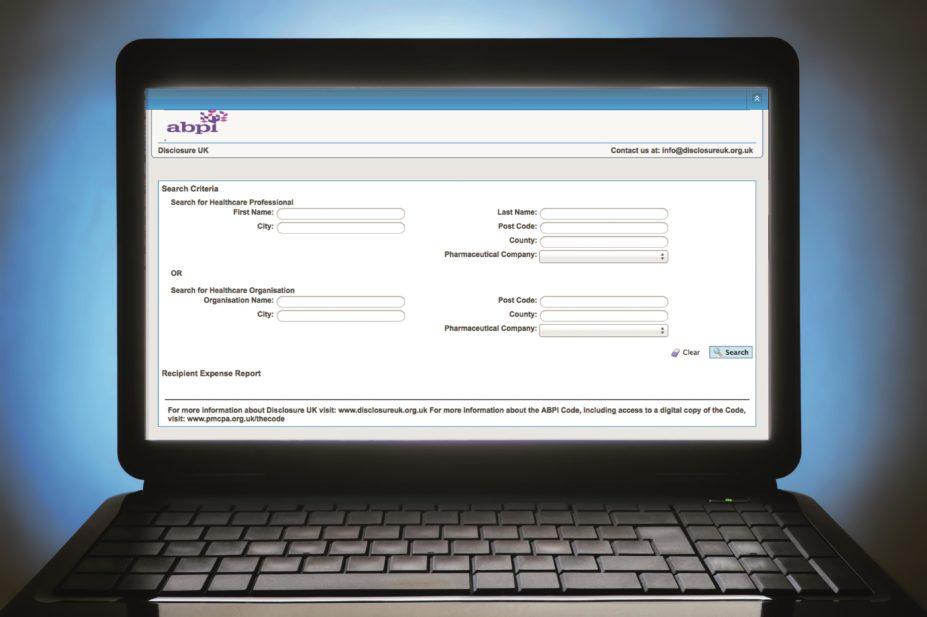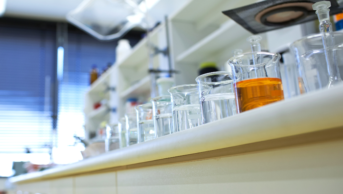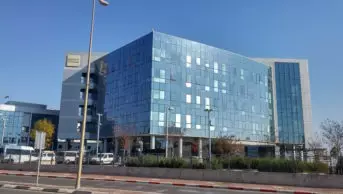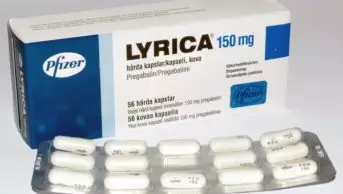
Screenshot from www.abpi.org.uk
An online database of payments and benefits in kind made by the pharmaceutical industry to doctors, pharmacists and nurses was published for the first time on 30 June 2016, enabling the public to see how individual professionals are paid by the pharmaceutical industry.
The database, hosted by the Association of the British Pharmaceutical Industry (ABPI), reveals that £340.3m was paid by companies to UK healthcare professionals and organisations in 2015.
The average spend by each of the 109 pharmaceutical companies was £3.1m; the largest total spend was by AstraZeneca at £41.7m.
Two thirds of the £340.3 million (£229.3 million) was spent on research and development activities, such as clinical trials, for which information is already disclosed through European clinical trial regulation and transparency policies.
The remaining £111.0m was paid to individual healthcare professionals and organisations for other activities, such as service and consultancy work (£46.0m), registration fees and associated travel and accommodation costs (£14.8m), contributions for events (£31.4m), donations and grants (£30.3m) and to fund joint working arrangements with the NHS (£3.3m).
While pharmaceutical companies are obliged to disclose all payments to UK healthcare professionals, the recipients can choose whether or not they are named on the database. But the ABPI says that the 70% of health professionals who did allow their details to be disclosed received just 48% of the total amount of money paid, meaning that those receiving the highest sums from industry have chosen not to be identified.
Mike Thompson, chief executive of the ABPI, says: “Some of those people who are paid the most have chosen not to disclose, and obviously we are disappointed by that because we would say those are the people who probably have the most to be proud of in terms of the work that they do, they are probably some of our leading consultants.”
He added that he understands that some people might be slightly wary of disclosing because of media interest and not wanting others to see what they earned, but he hopes they would reflect on that decision. “I think they may have thought I will give it a miss and no one will notice and they’ll now realise that people will notice and actually it was the wrong thing to do and the right thing to do is to disclose,” he said.
Ash Soni, president of the Royal Pharmaceutical Society and owner of Copes Pharmacy in Streatham, south London, has disclosed four payments amounting to £2,506. He encourages pharmacists to follow suit in the interests of openness and transparency. “Payments made to me will be available to see on the Disclosure UK database,” he says.
Companies spent an average of £1,550 per healthcare professional and around £9,506 per health organisation.
Ian Pavord, a respiratory medicine specialist at the Oxford University Hospitals Trust, appeared to receive the most, declaring ten separate payments amounting to £98,702.92.
A total of 50,520 individual payments to healthcare professionals and organisations were made, with 1,192 going to pharmacists, totalling £674,125.90. Payments to pharmacists, who gave consent, ranged from £2.50 for travel expenses to £17,620 for fees for services and consultancy.
Mahendra Patel, who works part time for the University of Huddersfield, received the highest single payment to pharmacists – £17,620 – plus another of £588.90 to cover expenses. He says the money was paid by Janssen-Cilag for work that he had done through the South Asian Health Foundation developing, organising and chairing a national programme of events to raise health professionals’ awareness of cultural and religious issues in the South Asian community that might impact on diabetes.
Many pharmacists received several payments. For example, Celia Feetam of Aston University received two of the top ten payments (see box) and disclosed eight overall, amounting to £24,027.12.
Of the other pharmacists who received the highest payments, Fiona Marra of the University of Liverpool disclosed seven, adding up to £31,748.52; Henry Chrystyn of the University of Huddersfield disclosed three, amounting to £24,587.44; and Omar Ali of the Surrey and Sussex Healthcare Trust disclosed nine, amounting to £20,529.60.
Thompson says the partnerships between the pharmaceutical industry and healthcare professionals and organisations can be central to the development of new drugs. “[Drug development is] not done by a couple of mad scientists in white coats standing next to Bunsen burners who suddenly go ‘Eureka!’” he says.
Sir Robert Lechler, president of the Academy of Medical Sciences, says: “Successful partnerships between industry, academia and the healthcare sector can speed up the rate of scientific discovery and innovation and they are key to accelerating the translation of research into benefits for society.
“However, many people are concerned about how these partnerships might compromise the integrity of research,” he adds. “That is why it is of the utmost importance that the nature of these collaborations and their impact on research are communicated to the public in a clear and transparent way.”
Alan Boyd, president of the Faculty of Pharmaceutical Medicine, agrees that it is vital that companies researching and developing new medicines work closely with the health professionals who will eventually prescribe and dispense them and that it is only right that they are “compensated for the time they give in doing this, as this is normally done outside of their normal working hours”.
| Name of payment recipient and place of work | Company | Payment (all for service and consultancy) |
|---|---|---|
| Source: ABPI Disclosure UK database | ||
| Mahendra Patel, University of Huddersfield | Janssen-Cilag | £17,620.00 |
| Henry Chrystyn, University of Huddersfield | Teva UK | £17,282.63 |
| Omar Ali, Surrey & Sussex Healthcare Trust | Galen | £17,085.00 |
| Fiona Marra, University of Liverpool | Gilead | £16,189.71 |
| Celia Feetam, Aston University | Otsuka Pharmaceuticals UK | £9,966.00 |
| Darush Attarzadeh, Barnet clinical commissioning group | Pfizer | £9,960.00 |
| John Donoghue, Medicines in Mental Health | Lundbeck | £8,650.00 |
| Celia Feetam, Aston University | Janssen-Cilag | £7,197.50 |
| Nicola Stoner, Oxford University Hospital | Amgen | £6,154.35 |
| John Hamill, Clear Healthcare | Napp Pharmaceuticals | £5,800.00 |


